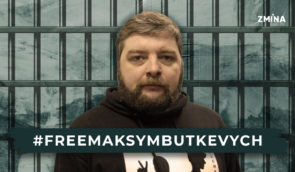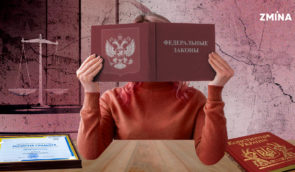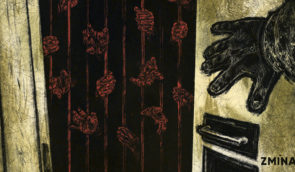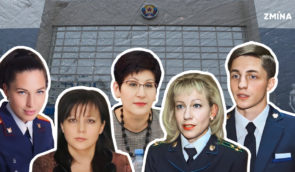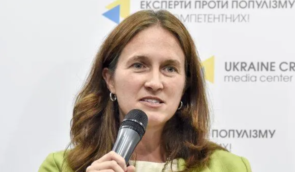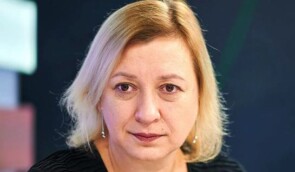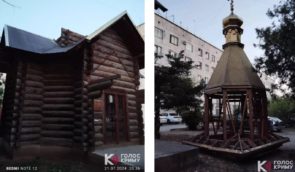Over 30 citizens of Ukraine are persecuted for participation in the Noman Çelebicihan Crimean Tatar Volunteer Battalion
Crimean human rights defenders have reported numerous detentions of Crimean Tatars and Ukrainians by Russian forces. Russia attributes these detentions to their alleged participation in the Noman Çelebicihan Crimean Tatar Volunteer Battalion (NCCTVB), which Russia labels as ‘terrorists’, but human rights activists maintain they are political prisoners.
ZMINA discusses below one form of political persecution in the temporarily occupied territories, which includes cases related to the NCCTVB.
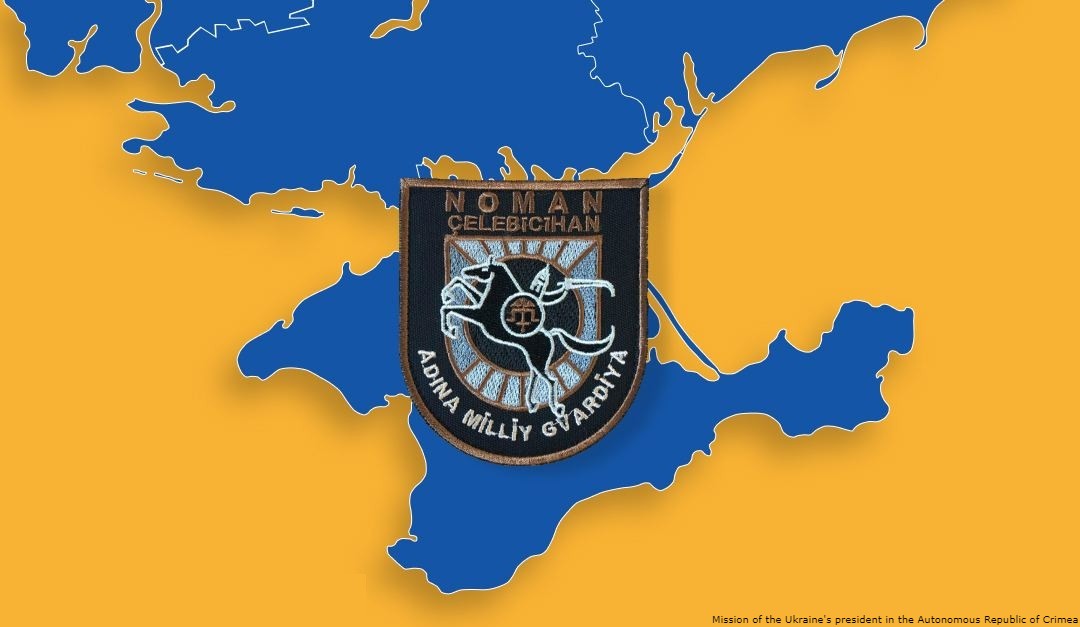
The mission of Ukraine’s President in the Autonomous Republic of Crimea maintains Russian Federation has been illegally applying its criminal legislation in the temporarily occupied Crimea. As a result, Russia has been conducting criminal and administrative persecution on political grounds for the past nine years.
Prior to its invasion of Ukraine in 2014, Russia had already established extraterritorial criminal jurisdiction with regard to the participation of any person in an armed formation in the territory of a foreign state, which was not covered by its legislation and contradicted Russia’s interests.
The cases related to the Noman Çelebicihan Crimean Tatar Volunteer Battalion are just one example of the various types of politically motivated persecutions taking place in Crimea.
Since its civil blockade of Crimea in 2015, Russia has been prosecuting citizens of Ukraine, including, presumably, Crimean Tatars, under Article 208 of the Criminal Code (“Organization of an Illegal Armed Formation, or Participation in It”).
“Revenge for the civil blockade of Crimea”
In September of that year, the ongoing campaign to block trucks carrying food products from mainland Ukraine to Crimea, initiated by the Mejlis of the Crimean Tatar people, was launched. The Crimean Tatars’ campaign was aimed at releasing Ukrainian and Crimean Tatar political prisoners held in Russia and ceasing persecution against activists and journalists in the temporarily occupied peninsula.
Russia blames members of this battalion for organizing and conducting the “food blockade” and for detonating power transmission lines in order to cut power supplies in the temporarily occupied Crimea. The Russian FSB intelligence service has also accused the battalion’s members of being armed with Kalashnikovs, Makarov pistols, and easel automatic grenade launchers.
As proof of the battalion’s activity against Russia’s interests are media reports detailing how the battalion has operated in support of the de-occupation of Crimea.
Discussions had been taking place in Ukraine since 2016 regarding how the battalion could be included in the country’s law enforcement framework, but this never happened.
Roman Martinovsky, a lawyer for the NGO Regional Center for Human Rights, moved from temporarily occupied Crimea to Kyiv when Russia’s aggression began in 2014. He worked on human rights abuse cases, representing the interests of political prisoners in international courts.
As he explained to the Center for Investigative Journalism, FSB investigators are using a letter from the Russian Ministry of Foreign Affairs dated 2 August 2017 as evidence of the battalion’s illegality. The letter was not signed by senior officials in the ministry, but rather by the head of the 2nd Commonwealth of Independent States Department, Andrey Rudenko. In the letter, Rudenko concluded that the NCCTVB should be considered an illegal armed formation because the Ministry of Foreign Affairs had no records indicating that it was part of the Armed Forces of Ukraine.
Since the full-scale invasion of Ukraine, which began last year, Russia has intensified its prosecution of Ukrainian citizens in these types of cases. Over the past three months, Russian security forces have arrested as many Ukrainians and Crimean Tatars as they did in the previous four years.
So as ZMINA earlier reported, one week after the Russian invasion the FSB detained 62-year old Seidaliev Nasrullah in Bakhchysarai, in temporarily occupied Crimea. In the FSB footage we saw an aged man filling out an application form at the administrative service center when FSB officers approached him.
In just under a month, Russia arrested a 50-year-old Rustem Huhuryk at the administrative border between Kherson region and Crimea, while he was travelling to the peninsula with his wife and child.
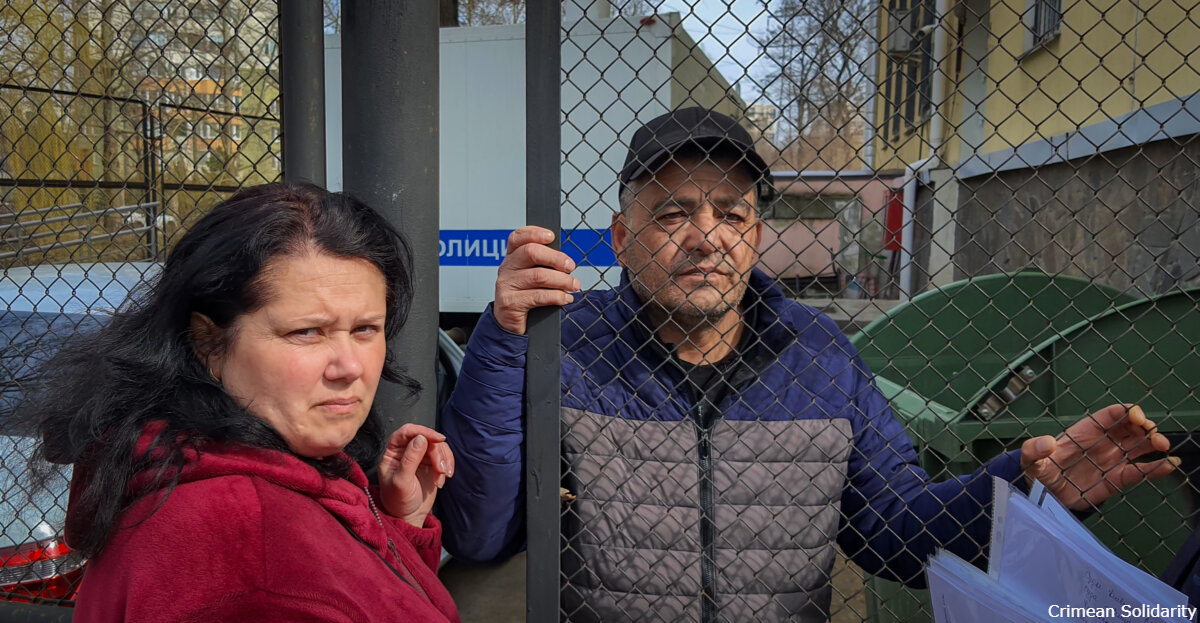 Rustem Huhuryk
Rustem HuhurykSix years ago, he was a taxi driver who brought passengers from mainland Ukraine to the peninsula. However, Russian border guards had illegally forbidden him from entering Crimea for a period of five years. One month after Russia started its full-scale war, he decided to visit his elderly mother in Crimea. But the FSB dashed his hopes of seeing his mother, and his family spent over two days at the demarcation line between Kherson Oblast and the Autonomous Republic of Crimea. He was accused during his detention of infringing Article 208 of the Russian Criminal Code, and eventually, he was transferred to the Simferopol remand center.
The same thing happened to a 34-year-old Kherson resident, Arsen Ibraimov, on April 10, 2022. He had recently married and wanted to visit his wife’s parents in Crimea to get to know them.
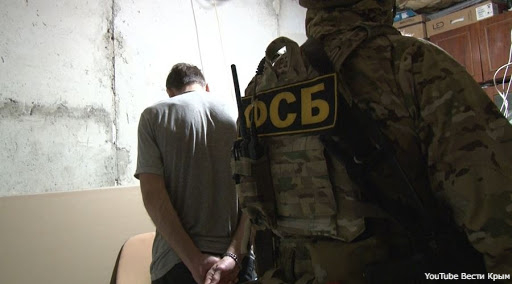
On 1 June 2022, the Supreme Court of Russia satisfied the claim of the Russian Prosecutor General’s Office for the recognition of the NCCTVB as a terrorist organization and the prohibition of its activities on the territory of the Russian Federation.
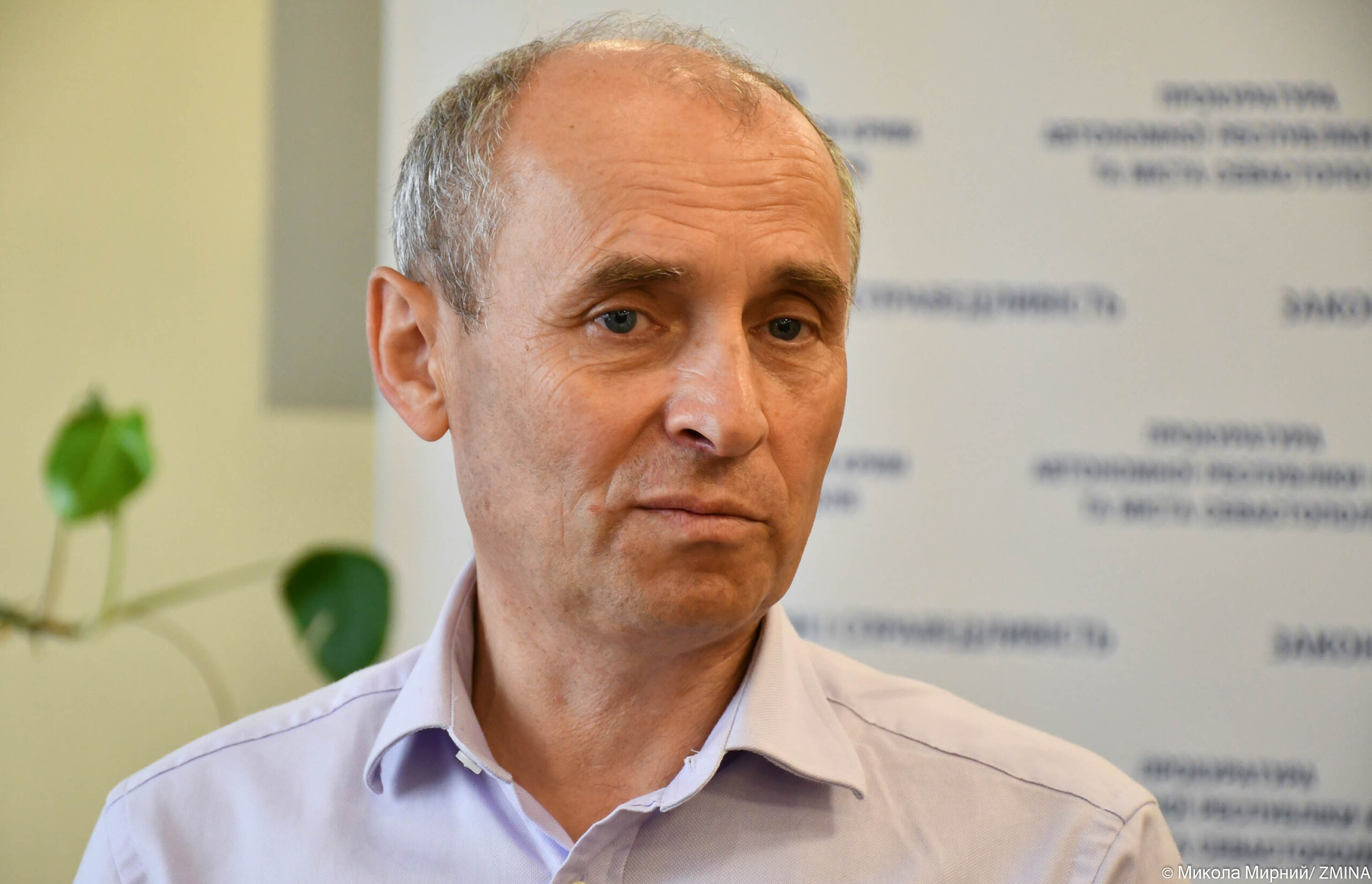 Roman Martinovsky
Roman MartinovskyMartinovsky states that some of the accused have claimed that they provided volunteer assistance to the battalion and had no involvement in its activities.
“What does Russia do? Earlier the FSB announced that if a battalion participant voluntarily surrenders to the intelligence and claims he belonged to it he will be exempted from criminal liability. They have found some people. I guess it wasn’t voluntary confessions. Now the FSB uses them as star witnesses. A witness can simply say: ‘I recognize a man in a photo as a battalion participant’. But what did he do during the blockade? Maybe he just brought goods as a volunteer. But if a witness points out a person as a battalion participant, it may be grounds for 8, 10, or 12 years imprisonment,” Martinovsky explained.
Art 64 of the Geneva Convention (IV) relative to the Protection of Civilian Persons in Time of War forbids the Occupying Power to apply its penal laws on the occupied territory.
Oleksii Kyselyov’s case
Detainees in NCCTVB cases have accused FSB investigators of torture in order to obtain false testimonies from them. One of the notable political prisoners in these cases is Oleksii Kyselyov, a former commanding officer in the Ukrainian Army Forces’ Department. He was involved in public work and lived in Henichesk, Kherson region.
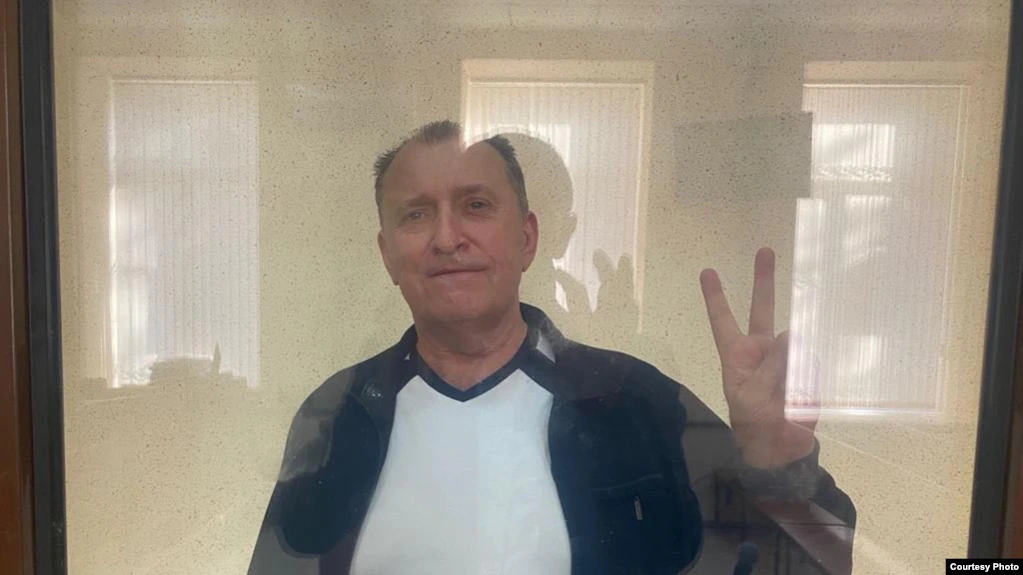 Oleksii Kyselyov
Oleksii KyselyovAccording to eyewitnesses, on 22 July 2022, militants from the so-called “Donetsk People’s Republic” burst into his house and took him away blindfolded. He was held at Professional Technical School No. 17 in Henichesk, where a division of the Russian Guard was based.
There, according to his lawyer Alexey Ladin, Oleksii Kyselyov was interrogated by a militant known as “Tractor Driver”.
“After the conversation, I was taken to a room where there were 7 sleeping places available. In that room, I spent time till morning the next day. Afterwards, I was violently interrogated and tortured with electricity. While being questioned I couldn’t see anyone because a t-shirt was put on my head. I was interrogated for two hours twice each day over ??? days. I was asked about my call sign; that of my subordinates; the location of defense weapons in Henichesk; and information about a situation in a town that I gave to the Ukrainian Security Service” – these are the words of Ladin.
The same Kyselyov said during a hearing in Russia’s illegally-established “Dzhankoy district court” in Crimea, adding he was tortured for five days. The Russians demanded a confession from him on camera, alleging that he was a guerrilla leader. However, he denied the accusation. On 27 July 2022, he was driven by car to the temporarily occupied city of Simferopol in Crimea, where he claimed that FSB interrogators continued to torture him.
“Their demand was for me to confess that I am a terrorist, a member of the Noman Çelebicihan Crimean Tatar Volunteer Battalion and a member of a special unit led by the Ukrainian President’s representative in Crimea in 2010, Serhii Kunitsyn. Periodically, they beat my head and used a stun gun on me. The torture session lasted for three hours. Throughout this time, a t-shirt was placed over my head and my hands were tightly bound,” quoted Kyselyov’s lawyer.
At some point, he began a hunger strike while in pre-trial detention due to lack of medical care. According to the claim published by his lawyer on 31 October 2022, he stated, “I need medical attention. I have broken ribs, dislocated arm and leg joints, and a broken tooth. We sent a complaint regarding torture to the Military Investigation Department of Russia’s Investigative Committee in the Southern District in Rostov-on-Don, but no investigative actions were taken on my complaint.”
After being tortured, the prisoner lost feeling in three fingers of his right hand: as Ladin explained that FSB investigators hung him up with handcuffs by his wrists. Due to pain in his right shoulder and forearm, he couldn’t raise his hand, and several chronic diseases worsened.
During a court hearing, it was announced that the so-called “military prosecutor’s office” in Crimea found no evidence of the use of physical force and, therefore, refused to initiate proceedings against FSB officers. The FSB also informed the “court” that no footage remained of Kyselyov crossing the administrative border with Crimea, as all footage only lasts for 90 days.
The FSB accuses Kyselyov of aiding the battalion by allegedly providing food and participating in a sea blockade, but Oleksii Kyselyov denies these accusations. During the “court” proceedings, he stated that he provided humanitarian assistance to internally displaced people in the area as part of the activities of the “Pereselenets SOS” NGO. His lawyer added the NGO’s statute and documents from the Red Cross as evidence to the criminal case.
According to Alexey Ladin, a boat’s captain was instructed by a businessman and one of the organizers of the Crimea blockade, Lenur Islyamov, to teach the correct way to navigate in and out of Henichesk Bay for seaweed growing, mussel extraction, fishing, and transportation of holidaymakers to a remote beach. The lawyer also noted the presence of steel ropes with buoys on the boat to indicate the extraction area.
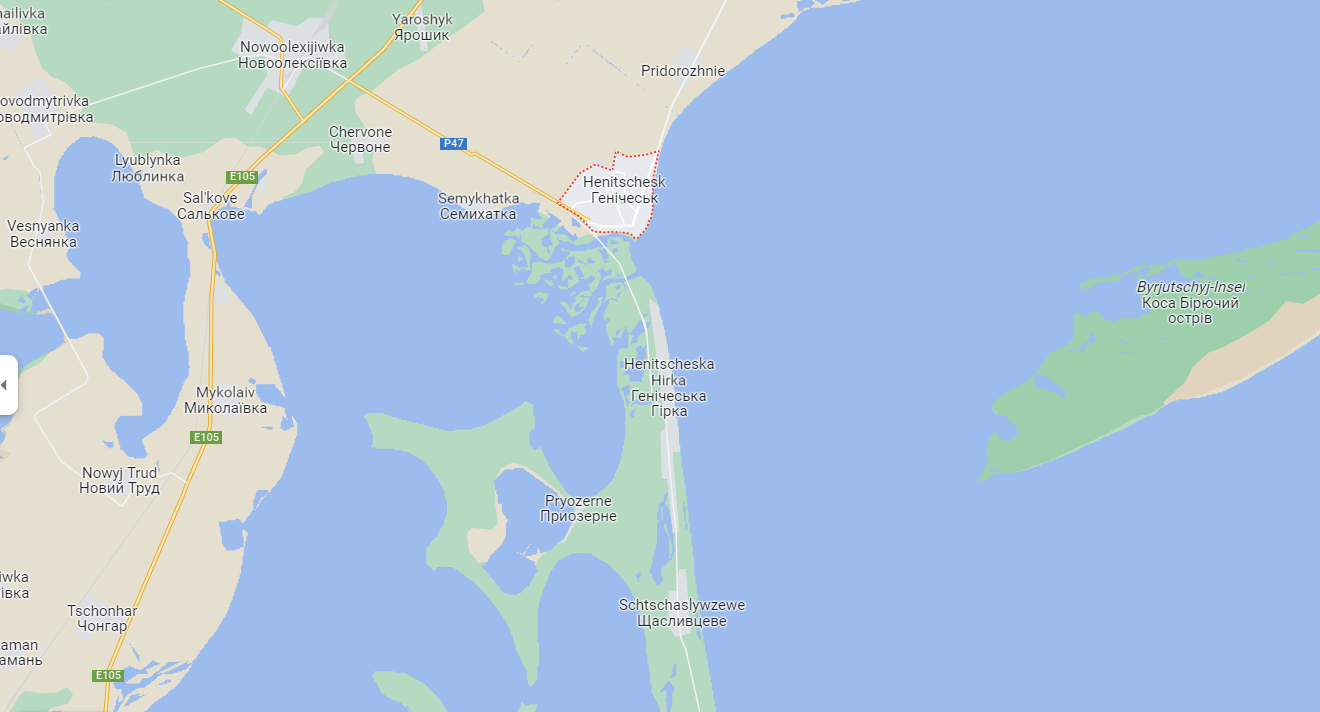
“So-called boat captain moved later to Crimea, where in the NTV reportage he said that he was tried to be forced to participate in the naval blockade. According to him, with steel ropes and buoys they ostensibly should block the Kerch Strait”, told Ladin.
- Sagandzhy Fevziі verdict – 23 January 2019;
- Hafarov Dilyaverі verdict – 28 August 2019;
- Kadyrov Edemі verdict – 31 May 2019;
- Mamutov Aidynі (verdict – 22 April 2019;
- Mezhmedynov Narimanі sentence – 20 June 2020;
- Ablyamitov Medzhytі sentence – 24 March 2021;
Since full-scale war in Ukraine began, the Crimean Tatar Resource Center has recorded the following arrests of Crimean Tatars and Ukrainians in the temporarily occupied Kherson region.
- Seidaliev Nasrullah, the Deputy Head of the Kherson Regional Mejlis of the Crimean Tatars, a 62-year old from Rykove, arrested on 4 March, 2022;
- Huhuryk Rustem, from Novooleksiivka, arrested on 31 March 2022;
- IbraimovArsen, a resident of Kherson, arrested in Kalanchak on 9 April 2022.
- Memetshaiev Artur, a resident of Henichesk, arrested on 11 April 2022;
- Osmanov Rustem, a Crimean Tatar, arrested on 14 April 2022;
- Abdurakhmanov Ruslan, from Azovske, arrested on 20 May 2022;
- Umerov Aider, from Partyzanske, Henichesk District, arrested on 25 May 2022;
- Dovhopolov Memet, a resident of Kherson region, arrested on 5 June 2022;
- Khalilov Ihor, from Salkove, Henichesk district, arrested on 21 July 2022;
- Kyseliov Oleksii, a resident of Henichesk, arrested on 22 July 2022;
- Hudym Serhii, from Novooleksiiivka, was also arrested;
- HafarovAkim, a resident of Henichesk, arrested on 12 August, 2022;
- Tereshchenko Konstantin, from Novooleksiiivka, arrested on 18 June 2022;
- AyderUmerovі (verdict – 2 September, 2022;
There are also proceedings against Mukhtar Avamilov, Evelina Arifova, ІzetGdanov, LenurІslâmov, Salim Hulyamov, brothers Alim, Nazim Yeneleyev and their father Nariman Yeneleyev, Oleksii Makarov, ex-advisor to the head of the Ukrainian delegation, Minsk Trilateral Contact Group, HaydeRizaeva, a cameraman with Crimean Tatar TV channel ATR, and EskenderNebiev, SeiranTaymazovand Konstantin Tereshchenko.
The Head of the Crimean Human Rights Group Olha Skrypnyk explained to ZMINA why her organization considers these types of cases as politically-motivated persecution.
“In these cases, political motives for persecution can be discerned. People in these types of criminal cases are accused of participating in a battalion aimed at undermining the ‘territorial integrity of Russia.’ To put it simply, they spoke out insisting that Crimea is a part of Ukraine. These cases would not exist if Russia had not invaded Ukraine. Therefore, this type of political persecution is a direct result of Russian aggression in Ukraine,” said the human rights defender.
Why is Russia doing this?
Yevhen Yaroshenko, an analyst at Crimea SOS, claims that Russian authorities use this type of criminal persecution as a form of retaliation against the Crimean Tatars for their civil blockade of the peninsula. He asserts Russia employs these criminal cases as a universal tool to persecute Crimean Tatars who are deemed disloyal.
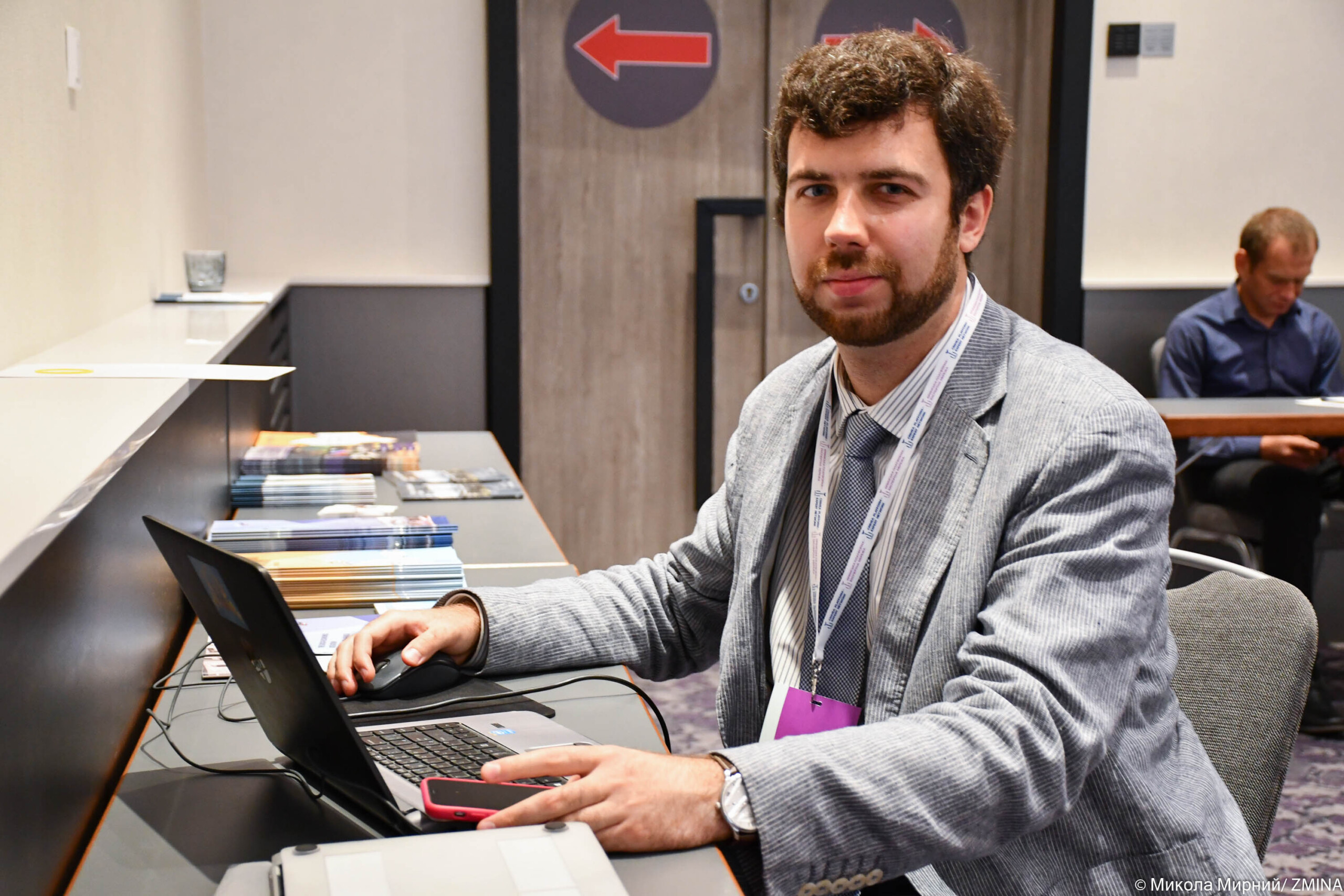 Yevhen Yaroshenko
Yevhen YaroshenkoHuman rights organizations and the mission of Ukraine’s president in the Autonomous Republic of Crimea strongly protest and state that the detention of Ukrainian citizens in this so-called case is illegal, politically motivated and criminal. The Crimean Tatar Resource Center demands the immediate release of the defendants in the NCCTVB case, as well as all political prisoners.

